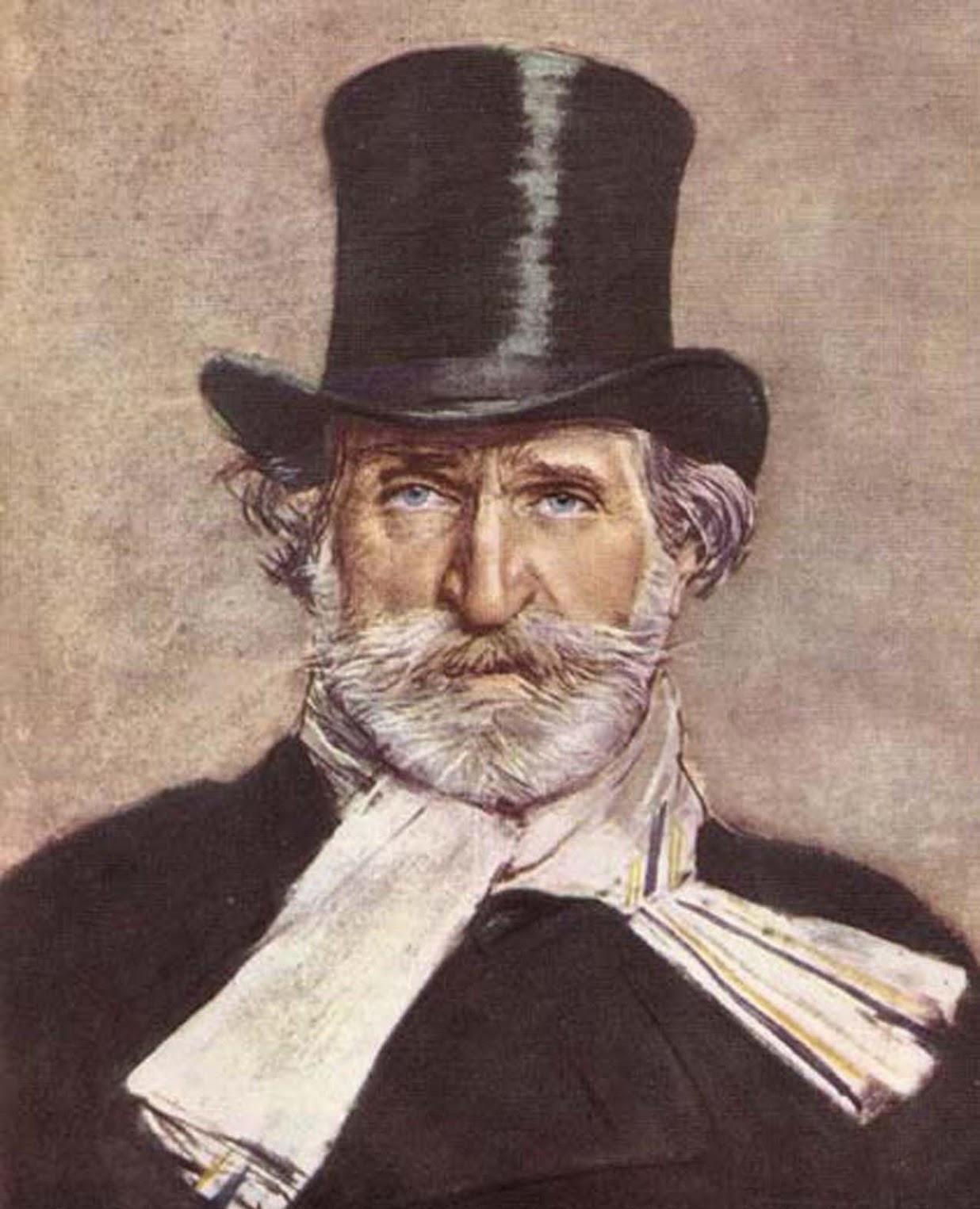Video loading...
Lead:
"Aida" is the pinnacle of the famous Italian opera master Verdi, artistically narrating an ancient oriental love legend. composer
In this opera, efforts were made to innovate, and the close connection with the development of the drama was strengthened musically, and the role of heavy singing, chorus and orchestra in portraying the characters was consciously highlighted and enhanced. Expressing complex and delicate emotions with music, so that every note has a certain meaning, this opera has also brought endless and far-reaching influences to the art of "opera".

After La Traviata, Verdi composed five operas, and finally ushered in the epoch-making Aida. The composer was 58 years old when he composed Aida, and his thoughts and life experience were enough for him to write the great work of Aida, and even did not write a single opera for the next 15 years. One of the reasons is that the playwright Piavi, with whom he had worked for a long time, died, the relationship between opera composers and screenwriters was very close, and the great opera composers always had important scriptwriters around him to write and write, and Piavi's death had a great influence on Verdi. The second reason is that Verdi began to pay more attention to social welfare and held the position of a member of parliament for a period of time, while he used this 15 years to revise or even compress or rewrite some of his works.
Aida is an opera that tells the story of the life-and-death choices made between the daughters of the kings of both warring countries during the time of the pharaohs of ancient Egypt, between a lover they loved dearly at the same time. The heroine Aida and the hero Radames are placed in an extremely painful dilemma by Verdi, and the personal love is completely affected by external forces, and eventually both are buried alive in the sarcophagus.
The play is divided into four acts, the first character is the young general Radames (tenor), the second character is the Egyptian princess Anaris (second soprano), after the appearance will find that she has a crush on Ladames, but Radames is ruthless to the princess, he likes Aida. The third character to appear is Aida (soprano), and all three characters come out and quickly form a trio expressing nervousness. This famous trio, each person forms a part, both the sound area and the rhythm are contrasted with each other, the composer handles the balance of the voice part very well, through the difference in tonality, sound area, rhythm, and musical motivation, highlighting the subtle changes in the mood of the three. In the music, the repetition of different parts of the voice, the personality of different characters, can make you feel and form a complete whole at the same time, and an expressive style, which is an effective way to express in opera music.
Verdi also paid great attention to the use of choral chorus in opera, from the chorus "Fly! Thoughts, riding on golden wings! Also known as The Slave Chorus, it begins with space for choruses in almost every major work of his. The famous chorus "Rise Up, Egyptians!" in one of the two scenes. Led by the King of Egypt, it presents a huge scene of declaring war on the Ethiopian army. The composer prefers large historical themes with the participation of choirs, likes to use chorus to emphasize the grand scenes in the opera, and his choral songs are majestic, powerful, and full of impact, and have a certain meaning.
In the history of opera, we call it "title role", that is, an opera with a title named after the protagonist, and this opera Aida is the undisputed heroine. After the chorus ended, Aida was alone for the first time, singing the famous aria "May You Return victoriously", Aida was in a state of extreme pain and contradiction, on the one hand, her beloved lover, on the other hand, her own motherland and father, leaving Aida in a situation of extreme despair and dilemma, which also hinted at Aida's final fate and ending.
The emotions of the two "small me" of Aida and Radames have experienced greater tribulations, such as "loyalty to the country" and "heroic honor", so that the two of them are eventually replaced by the "big me", and then sublimated. In particular, in the final scene, 149 years ago, Verdi explicitly wrote on the general score that "the stage will be divided into three spaces, at the bottom is the sarcophagus of Aida and Ladames who will be buried, the middle layer is the princess who is remorseful but alive, and at the top are the monks." This stage form like "Heaven and Earth Man", showing Verdi's broad feelings and ultimate concern for life, as well as an open-minded and grateful outlook on life, makes "Aida" a landmark work that has become one of the most popular and performed operas in the world so far.
Biographies of the speakers of this issue
Hao Wei is a professor, doctoral supervisor and head of the composition department of the Central Conservatory of Music. In 1999, he graduated from the Composition Department of the Central Conservatory of Music with a doctorate in composition, under the supervision of Professor Wu Zuqiang. Visiting Scholar at conservatorio Santa Cecilia di Musica in Rome, Italy, and Columbia University in New York.
Ministry of Education/Planning for The Popularization of Arts
Haovia/Wen
Lv Tianyi / finishing